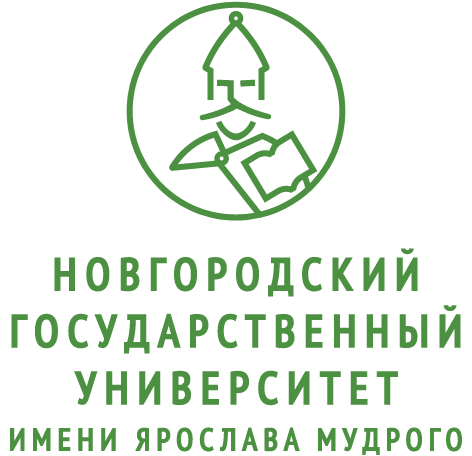Предложения со значением ликвидации результата действия как семантико-структурный тип
DOI:
https://doi.org/10.34680/VERBA-2023-2(7)-103-116Ключевые слова:
ликвидация результата действия, модель предложения, тип предложения, семантическая валентность, диатезаАннотация
Статья посвящена русским предложениям со значением ликвидации результата предшествующего действия. Анализируется их семантическое и синтаксическое устройство с целью понять, представляют ли подобные предложения единый семантико-структурный тип. Анализ показывает, что предложения рассматриваемого типа имеют сходное пропозициональное устройство. Они содержат пропозицию-макроситуацию, в которой выделяются ликвидируемая ситуация; ситуация-действие, направленная на ликвидацию результата предшествующего действия; и новая ситуация. Имея в целом сходное семантическое устройство, предложения анализируемого типа, тем не менее, отличаются друг от друга более частными семантическими аспектами. Среди них выделяется подтип предложений со значением ликвидации контакта с тремя обязательными актантами (Субъект, Объект 1 и Объект 2) и подтип предложений со значением изменения формы предмета с двумя обязательными актантами (Субъект и Объект). Несмотря на семантические различия, синтаксически предложения со значением ликвидации результата действия строятся по общей модели: ‘Субъект + предикат со значением ликвидации результата действия + Объект’. Эта общая модель реализуется в двух частных моделях для каждого подтипа предложений. Предложения со значением ликвидации контакта строятся по модели ‘Субъект + предикат ликвидации контакта + Объект 1 и / или Объект 2’: Мама раздвинула занавески; Солдат разобрал пулемет; Рабочие разгрузили машину. Предложения со значением изменения формы предмета строятся по модели ‘Субъект + предикат изменения формы + Объект’: Мама развернула небрежно скатанный ковер.
Скачивания
Загрузки
Опубликован
Как цитировать
Выпуск
Раздел
Лицензия
Copyright (c) 2023 Verba

Это произведение доступно по лицензии Creative Commons «Attribution-NonCommercial» («Атрибуция — Некоммерческое использование») 4.0 Всемирная.








